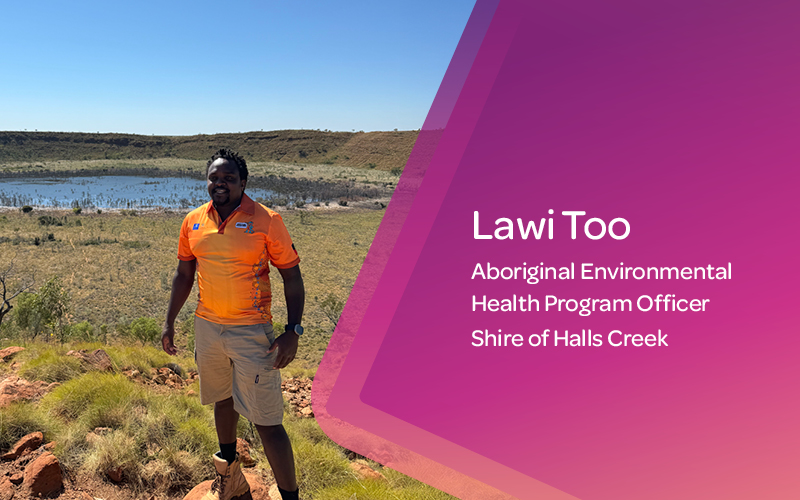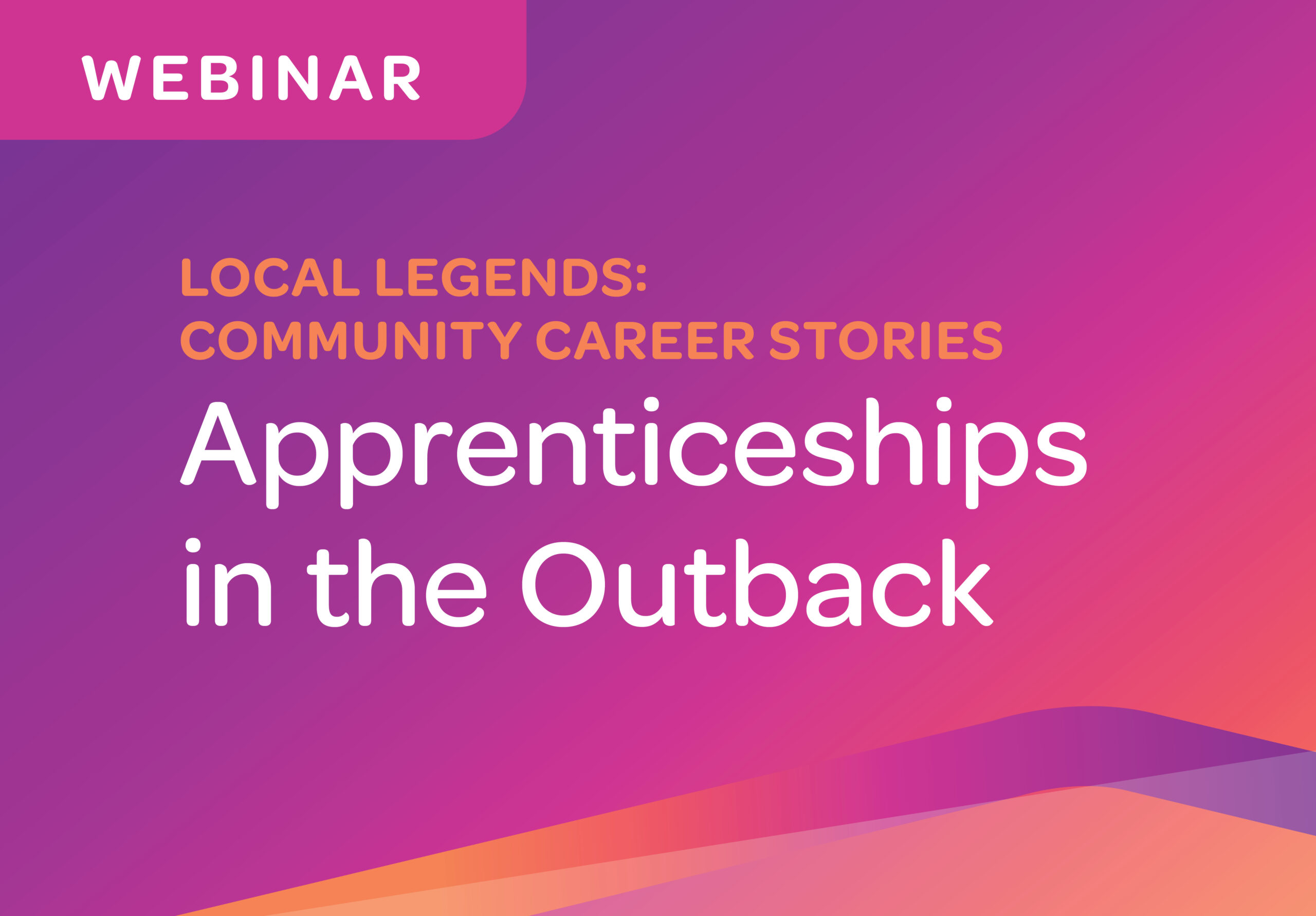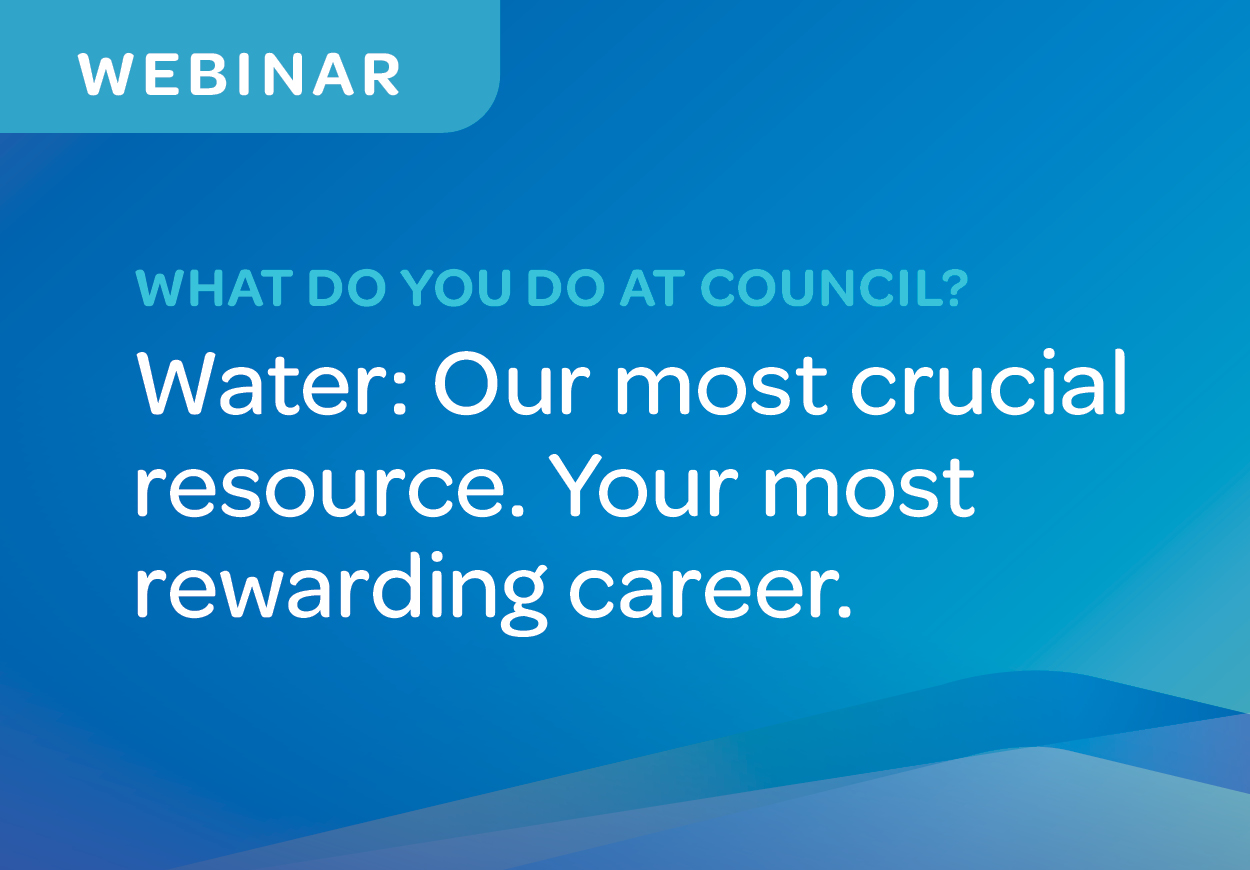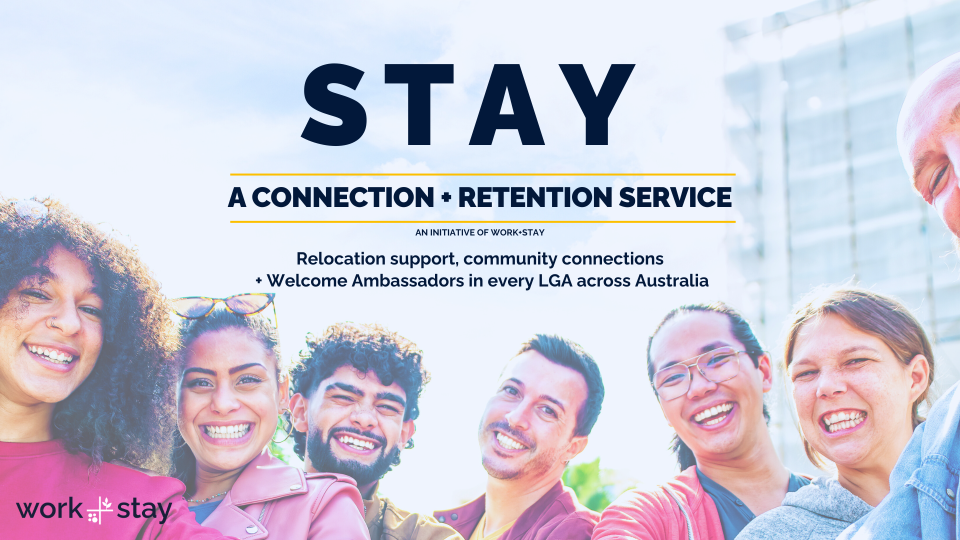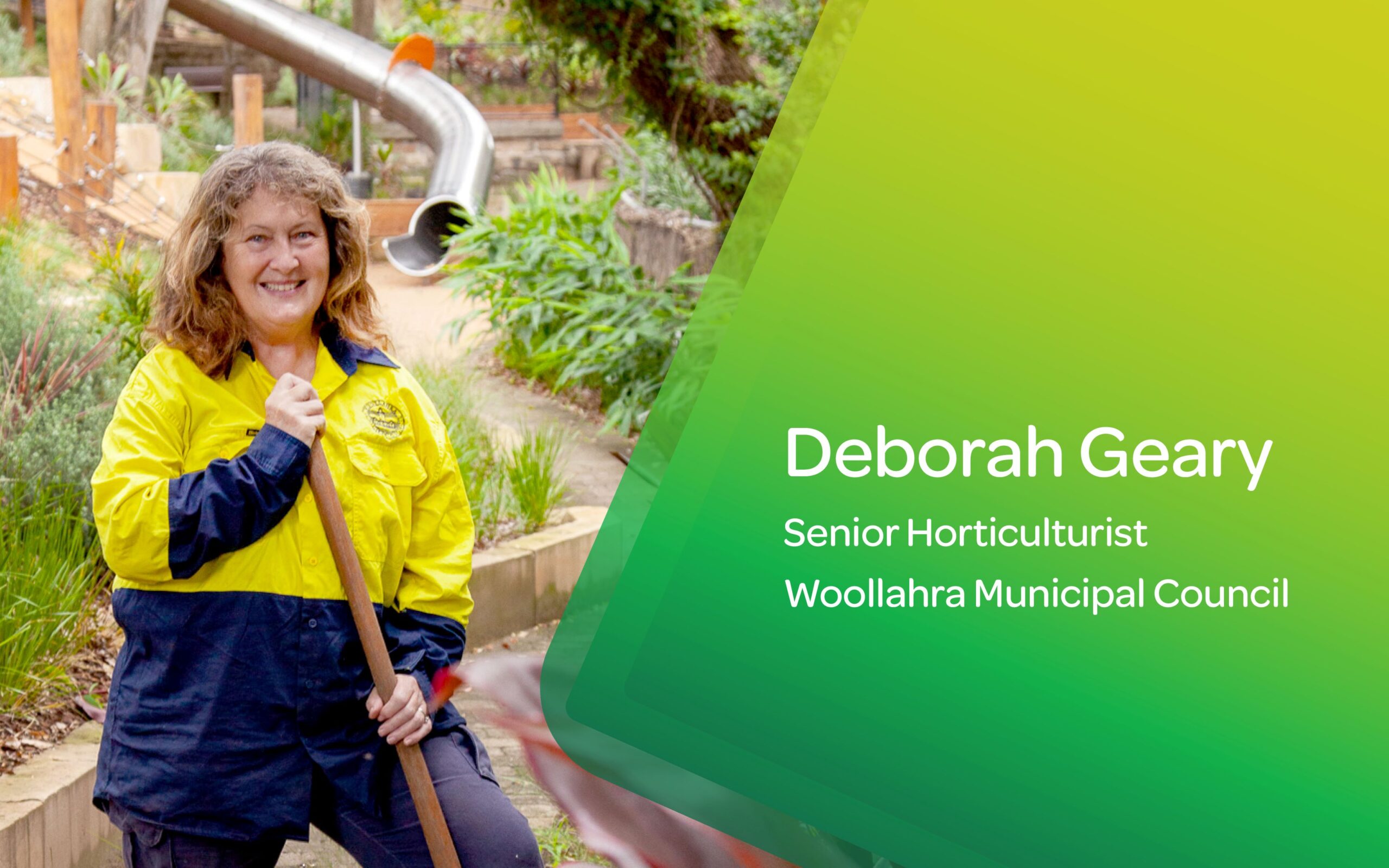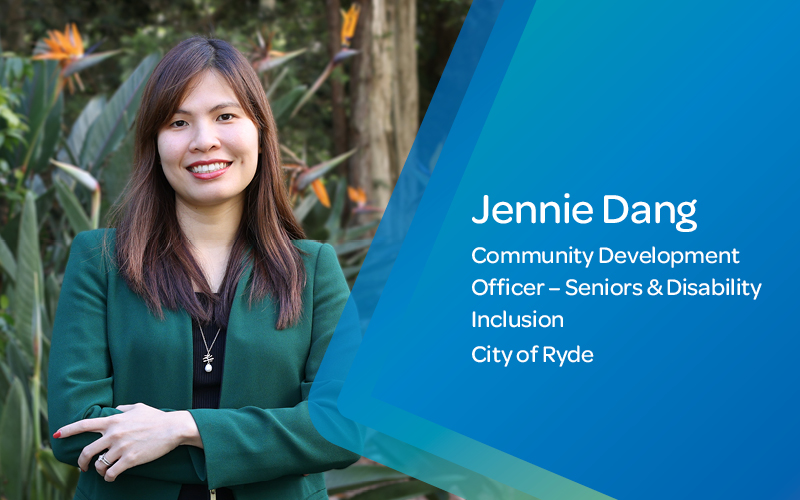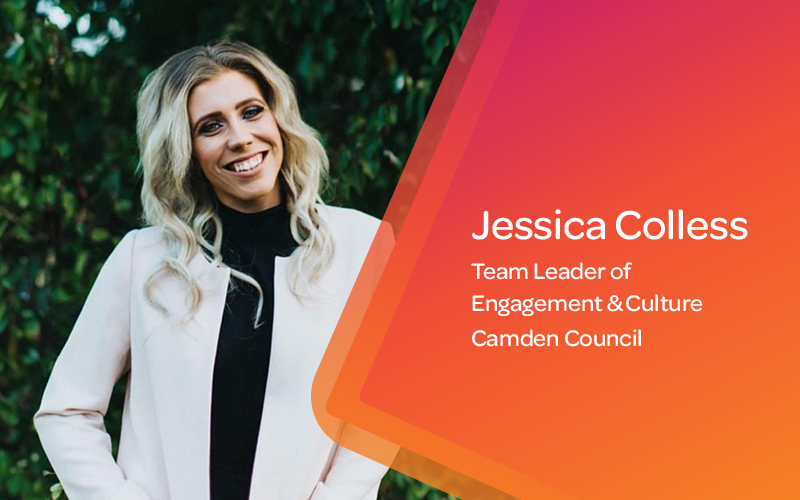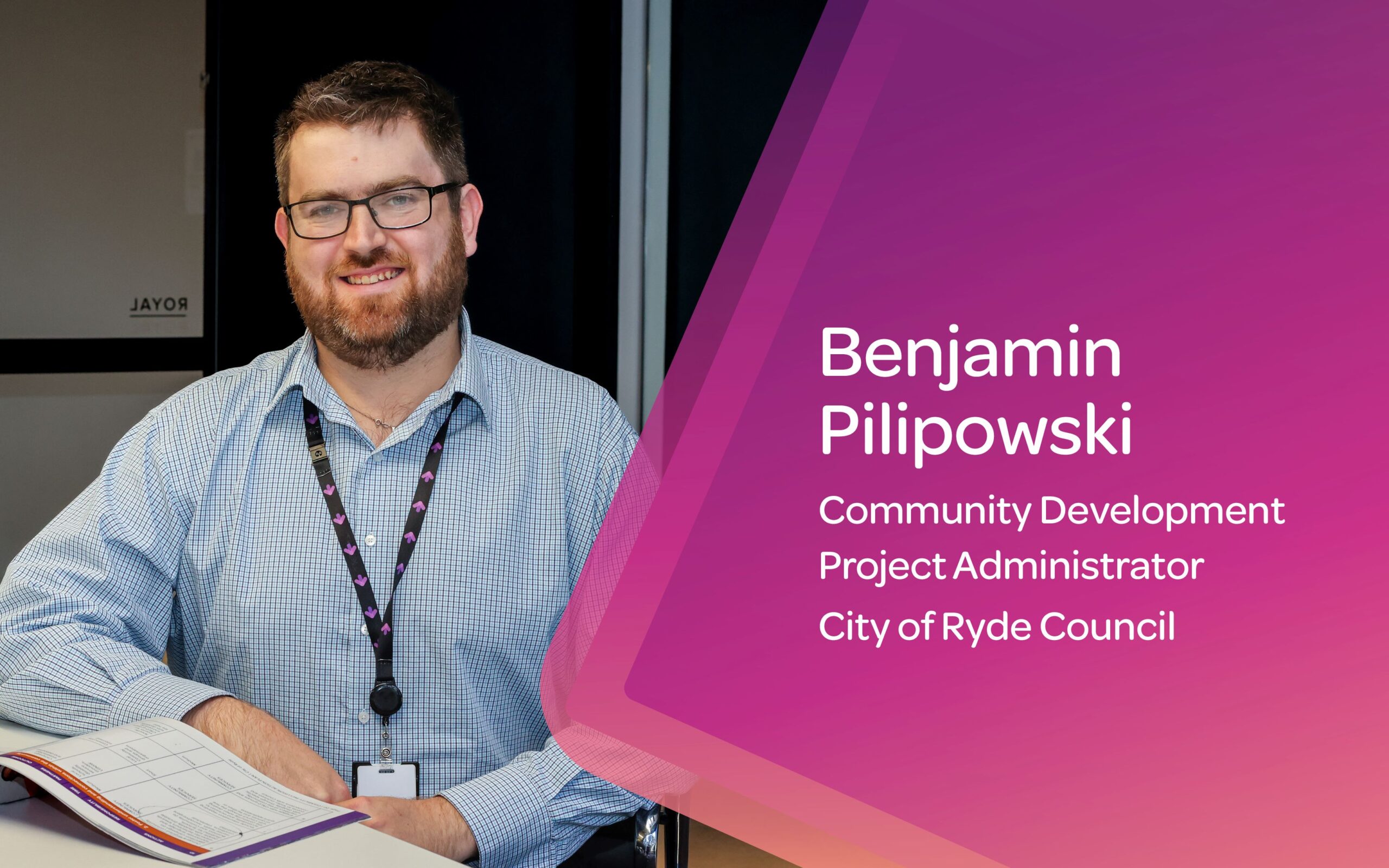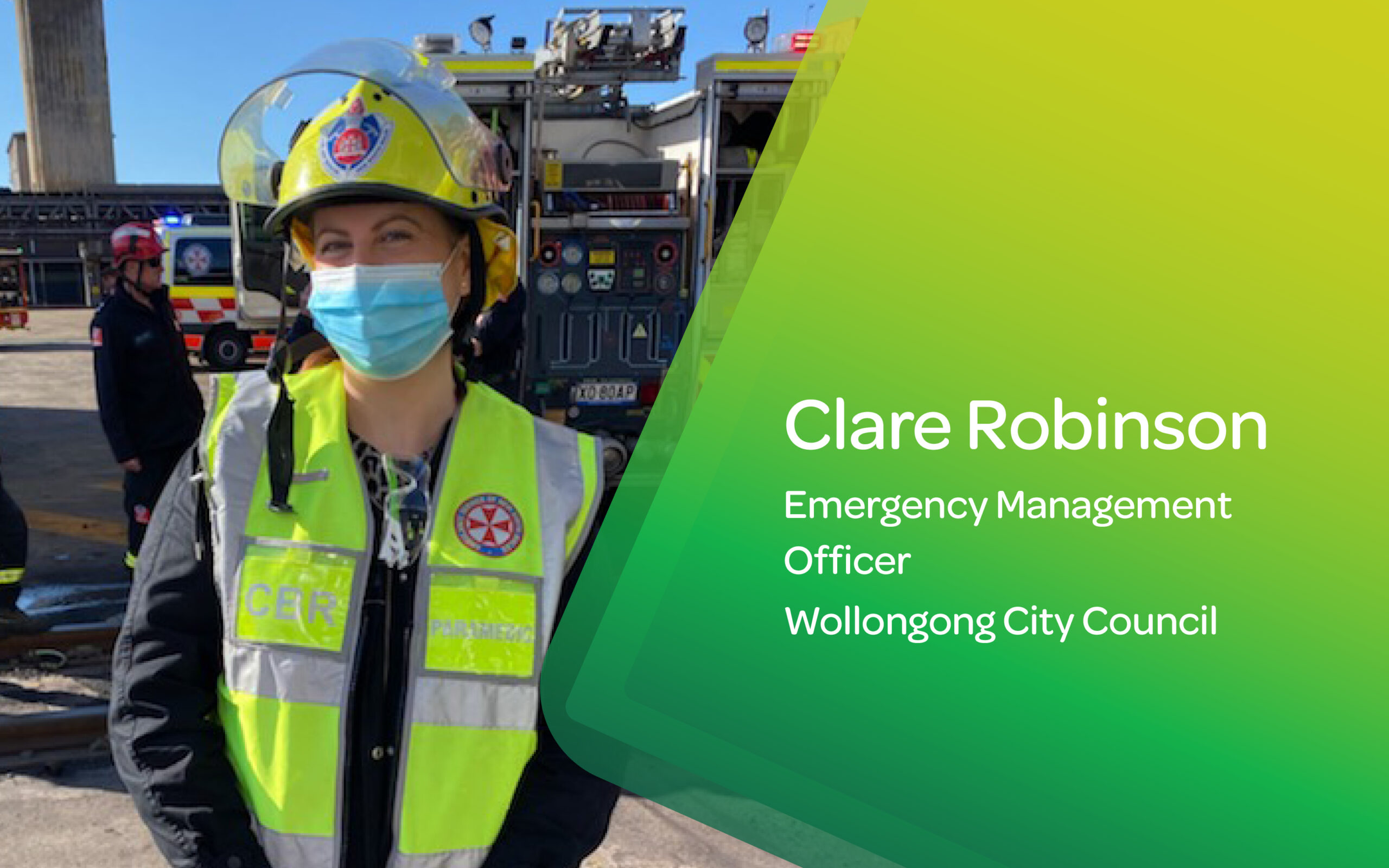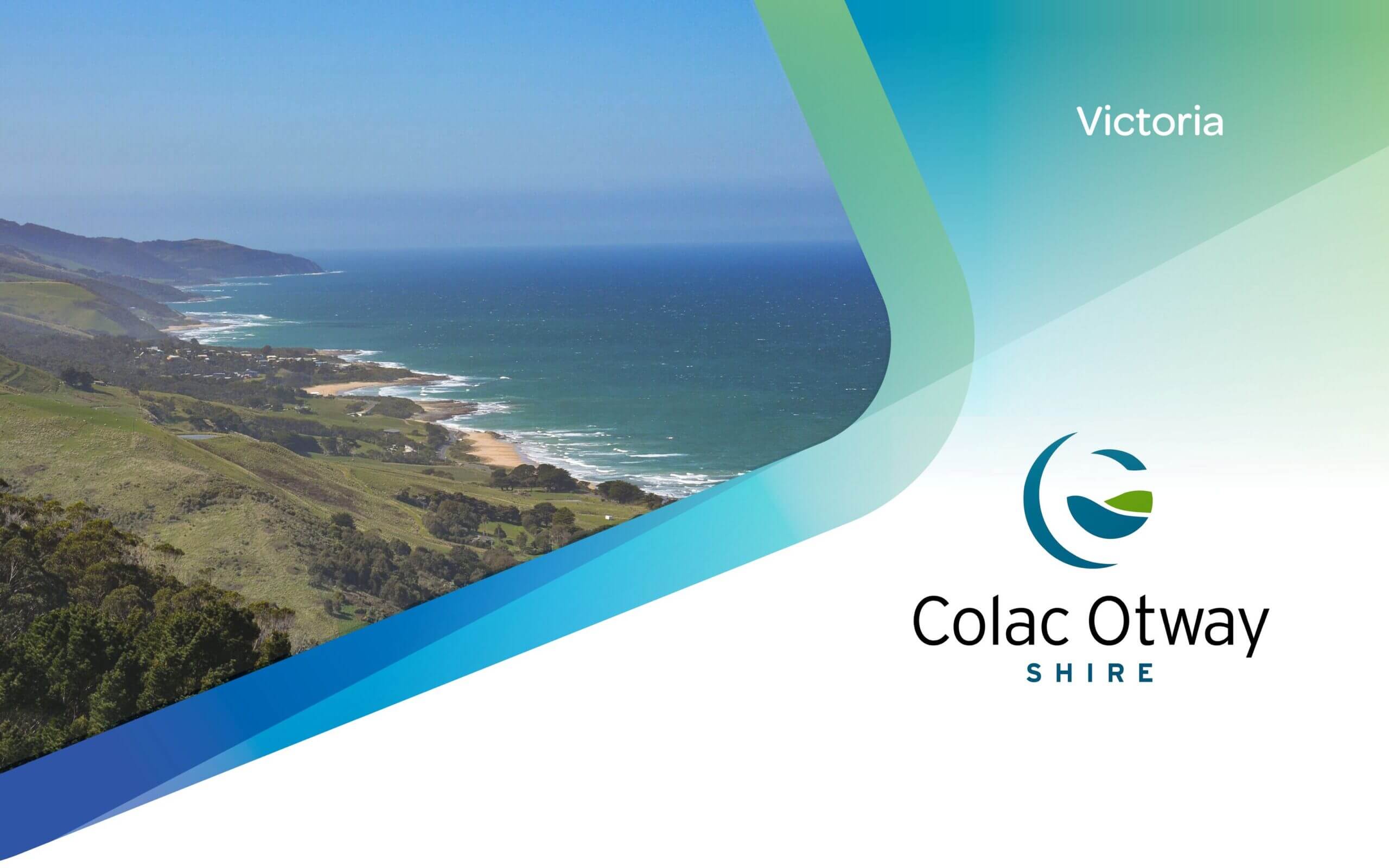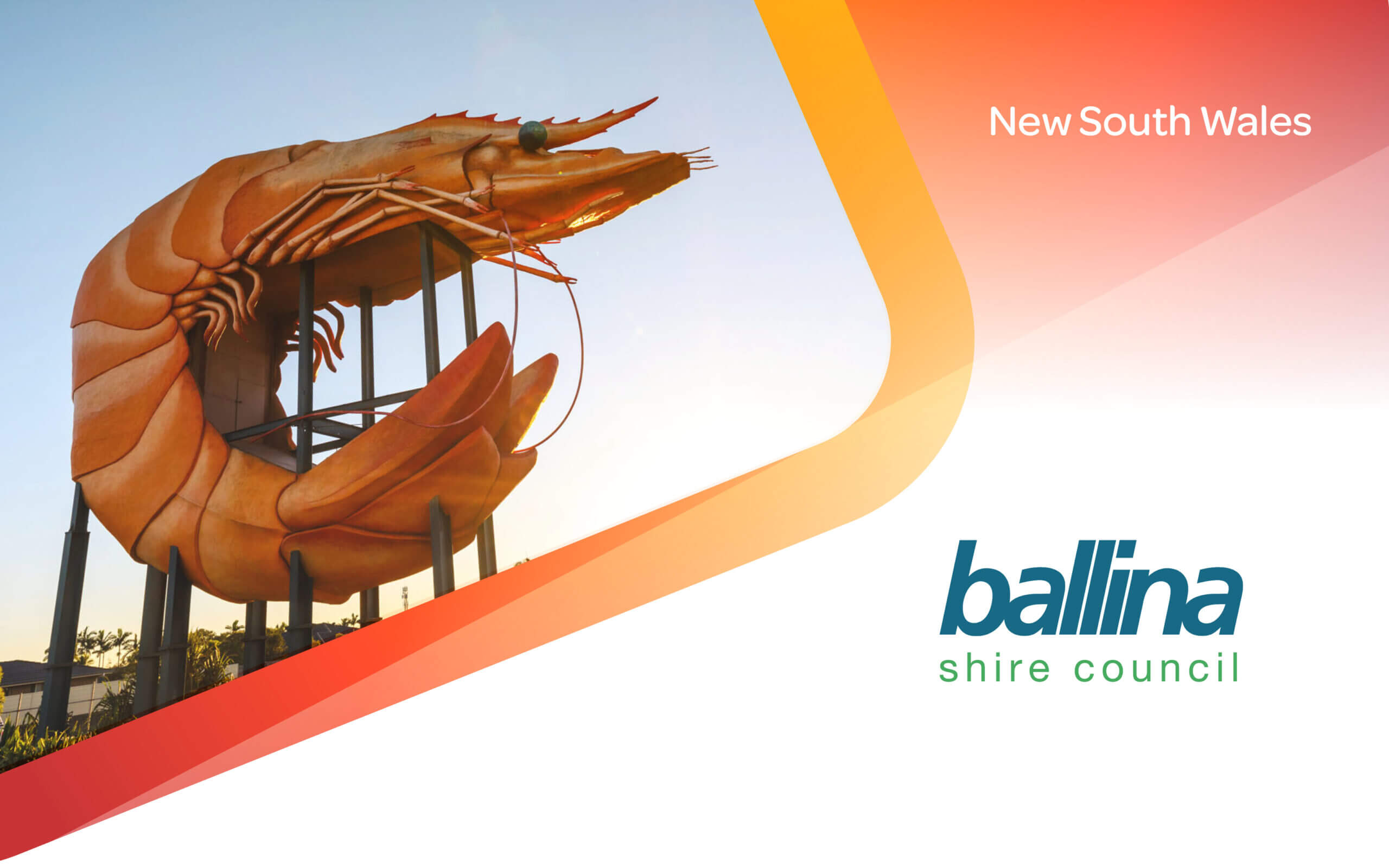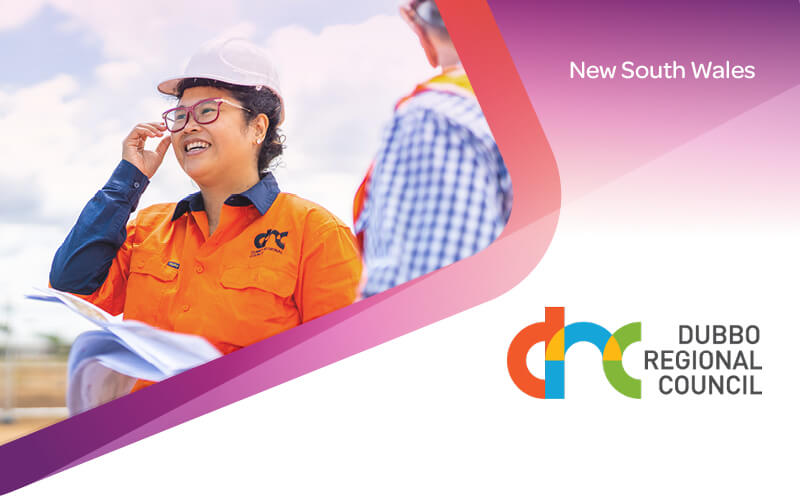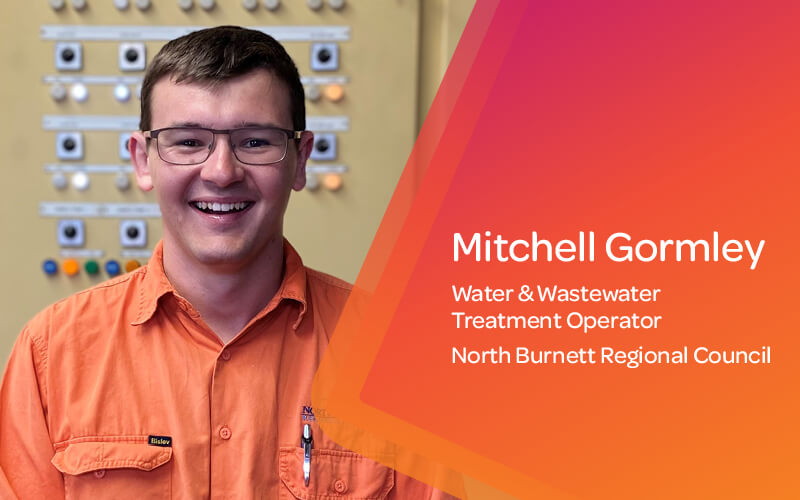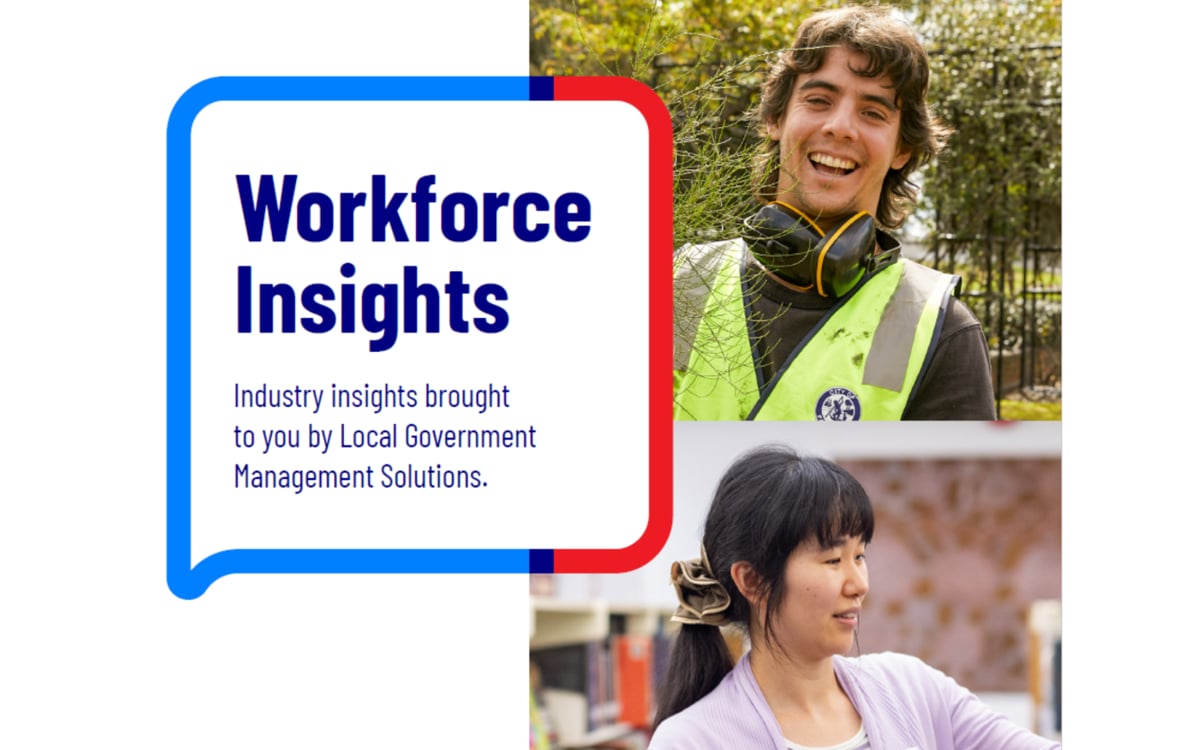From the MidCoast to Space: A career to take you places
Read time: 8 min read
Previous article Next article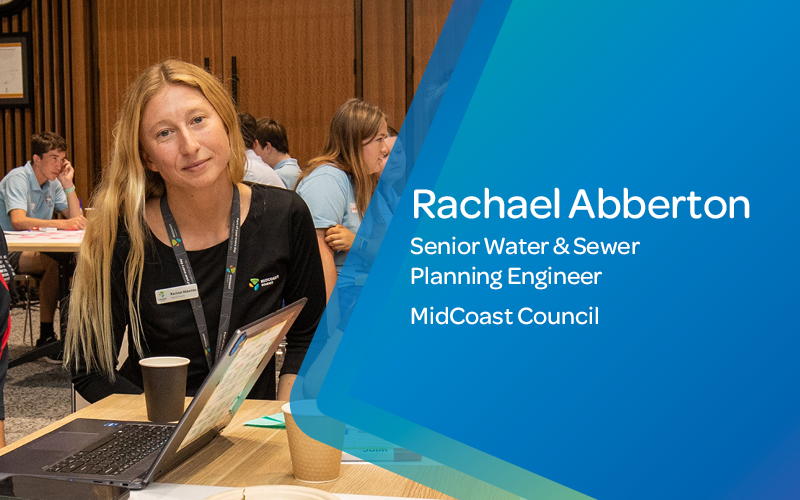
Q&A with Rachael Abberton, Senior Water & Sewer Planning Engineer at MidCoast Council
Careers at Council caught up with award-winning water engineer, Rachael Abberton. Rachael’s enthusiasm for Australia’s water industry is infectious, and clearly matched by the dedication to her work on the Mid North Coast of NSW. Read on to discover what led Rachael to a local government water career, and learn about the exciting innovations, new technologies and very real challenges the industry faces as it looks to create a more sustainable future.
Q. Can you tell us about your educational and career background, and what led you to a local government career in the water industry?
A. My very first memory of water as a resource came when I lived in the Philippines as a young child. I recall being very aware that there was no running water, and no flushing toilet. Children would walk to get buckets of water for the village – it was so different to Australia.
I returned to Australia and lived with my grandparents in this beautiful little coastal town called Forster, four hours north of Sydney – it is paradise! After finishing school there, I went to the University of Newcastle to study a Bachelor of Civil Engineering.
When I chose engineering, it wasn’t specifically to get into the water industry. I just knew that I wanted to do something involving math and science. I knew I wanted a good career, that was important to me. I wanted something that challenged and stimulated me because I’m a bit of a nerd!
Q. What did you do after you graduated?
A. I started working for a consultant as an Environmental and Geotechnical Engineer. In my role, my responsibilities included working in ground water, and that began to feed my interest in the water industry. I started thinking about which part of civil engineering I wanted to work in, and I knew I wanted to move back to Forster. My partner is also from Forster, he’d stayed here when I went away to study and work.
I really wanted to move home but I didn’t want to compromise having a good job. I knew about the opportunities that the water and sanitation industries presented in rural and regional NSW, so I started looking for job opportunities with MidCoast Council.
Once I set the goal to move home and get a job with council, it all just aligned. The opportunities were there for me – I applied for my first engineering role in Council’s water team in 2018, and I haven’t left!
Q. What has surprised you the most about working in the water industry within local government?
A. There are so many wonderful opportunities for me here. I aspired for a role where I could continue to learn and grow, and since I have started with Council, there hasn’t been a single day where I haven’t learnt 10, 20, 30 things! The water industry is just so broad.
Council manages their own water and wastewater which means we take care of significant infrastructure over large areas; managing water quality, sewerage, strategic planning, operations – it’s huge.
And the people are just amazing. I can advocate for the staff that work in our water team here at MidCoast Council. Every single one of them is passionate, driven, would do anything for the team, and they have so much pride in their job. I’m so proud to be a Council water engineer!
Q. You mentioned the opportunities for learning and growth, can you give us some examples?
A. Sure! I had the opportunity to be the lead engineer on Council’s Integrated Water Cycle Management Strategy. That is the strategic planning document for water and wastewater services that sets the sustainable and affordable pathway to provide water and sewerage services to the region for the next 30 years.
For me to do that type of strategic planning, at that level, including looking at all the climate change considerations, the water security challenges, reaching net zero, and the sustainable management of effluent – that was just amazing. I learnt so much. I got to dive into every single part of the network; our finances, our climate change risks, our business risks. And, it wasn’t just about the engineering, it was learning about people management and engaging with stakeholders in the state government, within the Council, and the community as well.
I also get involved in managing design projects, including most recently the concept design for a treatment plant conversion of one of the treatment plants in Hawks Nest that was hydraulically and biologically exceeding capacity. On this project I had the opportunity to work with a very experienced consultant in chemical/process engineering, mechanical engineering, electrical engineering – I have learnt so much from them.
Q. What does a successful day look like to you?
A. I feel successful every day! One of the things I really enjoy about work is managing multiple projects concurrently. I use my time management and organisational skills to break down the different deliverables for my projects, understand my priorities and meet deadlines to keep my projects moving.
Some days I get one thing ticked off, some days I get 10 things – I work across different projects with different challenges and make sure everything is ticking along. That includes working on projects individually, working with other team members, consultants, or with external stakeholders including state government.
Q. Is there any such thing as a typical day?
A. No, definitely not. My day-to-day changes every day! Today I’m reviewing tenders, other days I’m running workshops with the community or external stakeholders, some days I have meetings, working on designs, or use the hydraulic models. It is just so varied.
Q. What behaviours and attributes do you think you need to be successful in the water and wastewater team at council?
A. It’s my belief that anyone can be upskilled technically. But the biggest skill for success is communication. With communication comes teamwork, listening skills, the ability to be a part of workshops and problem solve. If you’re a good communicator and you can listen, absorb information and articulate your thoughts, you will succeed so well in the water industry.
The thing with the water industry is there are so many elements to it, not a single person knows everything, not even the most experienced person. So you have to be able and willing to listen and learn!
Q. Do you feel there is a career pathway for you in the water industry in local government?
A. Absolutely. Right across local government there are amazing opportunities for career progression. I came in as a planning engineer, now I’m a senior engineer. If I wanted to, I could become a coordinator, a manager, an executive manager, or a director.
I’m happy where I am though, this could be me for the next 5-10 years comfortably. But I do like knowing that there’s room to grow – that there are no barriers for me if I wanted to go all the way.
Q. Can you tell us about any innovations and challenges that Australia’s water industry is facing right now?
A. This is what makes me so excited to be in this industry. Water security in Australia is a major strategic issue facing our country right now. There is going to be a move in the next few decades to diversify our water sources and this should include progression in drinking recycled water in Australia.
Australia is quite behind in terms of getting climate independence in our water supply portfolio. Singapore is 100% recycled drinking water, America is well on the way – with places like Las Vegas using recycled drinking water. If you’ve been to Disneyland, you’ve drunk recycled water. Everyone that gets sent to a space station is drinking recycled water! There are so many places that have embraced it and have been doing it for decades.
But the good thing is that it’s starting to gain momentum here. Conversations around recycling water options are starting and demonstration treatment plants are popping up. Perth is already quite advanced with a managed aquifer recharge scheme.
Desalination is also really starting to ramp up. Right now, it is highly energy-intensive but we expect there to be advancement in efficiencies in the future with water treatment and clean energy. Within the next twenty years we will begin to implement different initiatives in our water supply, and that is the area I’m so excited to be a part of!
Q. It sounds like now would be a great time to join the water industry then?
A. Absolutely! Whether you’re joining as an engineer or a water or wastewater operator – it’s a great time to be involved.
There are endless opportunities for progression as well. Councils will consider supporting you if you want to work towards further study and qualifications, such as moving up to a team leader or coordinator role.
Working for local government in regional NSW also gives you an incredible lifestyle. This morning I went for a surf, swam some laps, and after work I’ll spend the afternoon at the beach with my friends and my dog. It takes me about 5 minutes to get anywhere.
I have so many skills that I can take and travel the world. If I really wanted to, I could even go and work on an international space station and manage their water supply! Water and wastewater are everywhere, including in space – you will never be out of work.
Click HERE to discover more about a water career that could really take you places!

